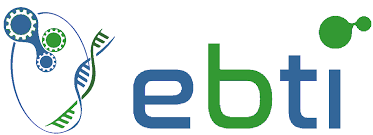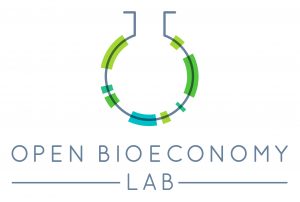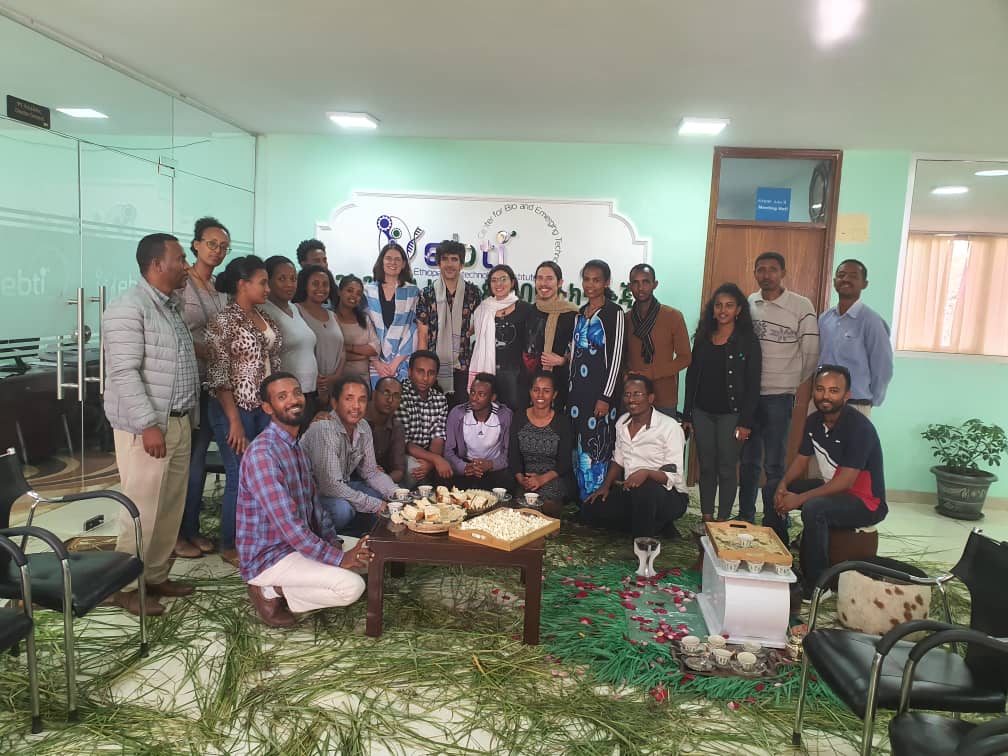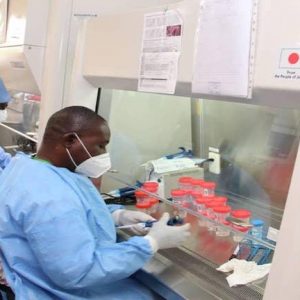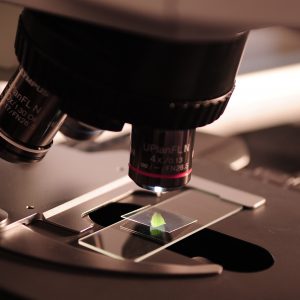Building research and innovation capacity in Ethiopia through sustainable enzyme biomanufacturing
Technological advances and government policy are fuelling increased momentum across the globe towards bioeconomies: shifting production of important resources such as medicines, plastics and industrial chemicals towards sustainable biological processes. In 2016 Ethiopia established the Ethiopian Biotechnology Institute (integrating an Emerging Technology Centre including artificial intelligence, nanotechnology, materials science and reverse engineering) with a mandate to develop and advance an ambitious 10 year strategy for National Biotechnology R&D.
Ethiopia is also rolling out a national curriculum for graduate studies in biotechnology. As part of these two processes an extensive analysis of strengths and weaknesses was undertaken at universities across the country which indicated that access to reagents such as enzymes for biotechnology are a significant barrier to the advancement of both research and education and this need is under-served by the private sector.
The skills required to locally produce such enzymes are directly applicable to several strands of the Ethiopian National Biotechnology R&D plan including: i) industrial biotechnology, taking advantage of Ethiopia’s biodiversity to discover industrially relevant enzyme for biomanufacturing from local feedstocks; ii) health e.g. diagnostics and therapeutics.
Open Bioconomy Lab and the EBTi were awarded an Alborada Fund from Cambridge-Africa to undertake a 12-month joint research and training project “Building research and innovation capacity in Ethiopia through sustainable enzyme biomanufacturing.”
Aims and activities
- Deliver a two week course on recombinant protein production at the Ethiopian Biotechnology Institute in Jan-Feb 2020 with approx 15 participants from across Ethiopia. The course would be co-led by both the UK and Ethiopian partners with the EBTi coordinating. Funding is requested for local travel, accommodation and catering plus course materials purchased locally. UK funding for travel and consumables is covered under an existing grant from the Shuttleworth Foundation. The course woud include a facilitated workshop session to identify enzymes of highest priority for the Ethiopian National Biotechnology R&D plan.
- Co-development of expression and purification protocols for the enzyme identified as being of highest priority. Six months salary funding is requested for a research assistant based at the ETBi, Cambridge staff costs will be covered by the Shuttleoworth Foundation grant. The outcome will be a DNA plasmid, protocol and publication demonstrating successful expression and purification.
- One-day virtual workshop for 10 participants in Jan 2021 focused on sustainable biomanufacturing for development in East Africa. Topics will include strategies for (i) scaling up capacity to supply research enzymes; (ii) fostering technology transfer, particularly in diagnostics & industrial biotechnology; (iii) developing teaching curricula themed around enzyme biomanufacturing; (iv) contribute towards an ongoing effort on Eastern African Bioeconomy strategy development. NB: workshop may be in-person pending additional funding.
- Write a report and commentary article from workshop on “Sustainable biomanufacturing for development” covering challenges and opportunities identified during this project plus priorities for future projects and funding.
Project Team
Project Partners

